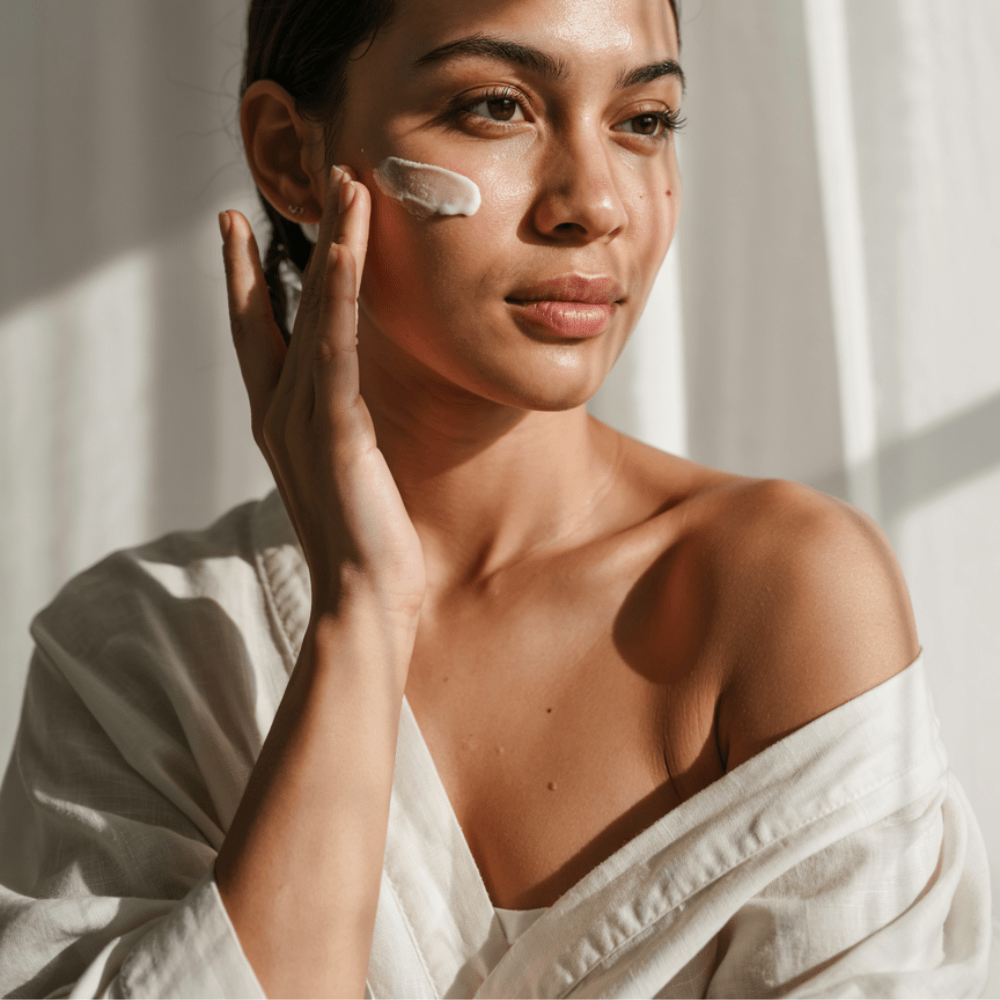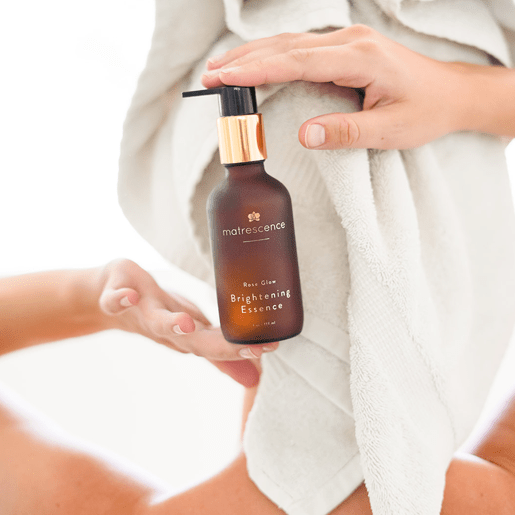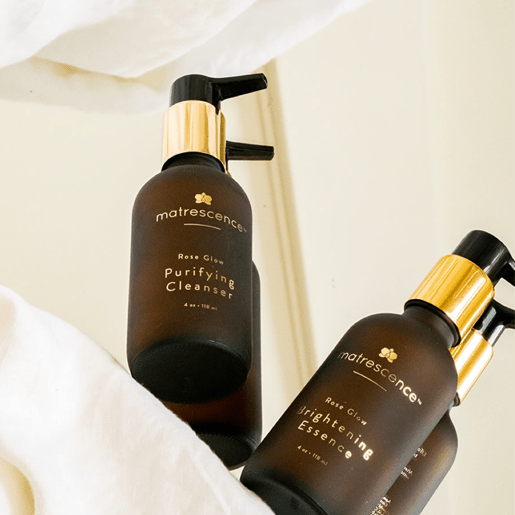Endocrine disruptors, often also referred to as hormone disruptors, are both natural and man-made chemicals that can interfere with the endocrine system.
They can be found in many places in our environment, including common beauty products, and are linked with developmental, reproductive, brain, immune, and other problems. Notably, they can have harmful effects on the health of both the mother and baby, with long-term health problems being a possibility.
Researchers have found that even very early maternal exposure to certain endocrine disruptors can increase the risk of developing breast and prostate cancer.

Fertility expert Dr. Roohi Jeelani, who has also personally battled infertility, shares how many of these common ingredients can change and fluctuate your hormones. They can act as toxins, which can damage your eggs and sperm, and decrease fertility. She says:
“It's hard to quantify how much is too much in terms of ingredients - I always get a lot of questions from my patients of how much to use. You don't know because the absorption, metabolism and storage is different for everyone so as a fertility doctor and board-certified OB-GYN, I tell my patients to try not to use it at all. It's like alcohol - at what level does it cause fetal alcohol syndrome? We don't know, so we say not to drink at all. We don't know what level these toxins can interrupt your hormonal pathways, prevent ovulation, damage eggs and sperm. If they've got GMOs, parabens, and are toxic, not natural or organic, or have ingredients you can't pronounce, don't do it because it can seep into your skin and can act as an endocrine disruptor, which can cause changes in your egg reserve, egg quantity, egg quality, sperm quality (sometimes we forget that males use these products too). It's really important - what's safe for your fertility and pregnancy - and important to be careful what you use.”
Hormone disruptors can cause major disturbances in our bodies throughout all stages of life, including prenatal development, puberty, fertility, and menopause. We are exposed to these chemicals as early as in utero. Two common known hormone disruptors are parabens and phthalates. Parabens are often used as a preservative in personal care products, and excessive use can cause anovulation: when your egg fails to release from your ovaries during ovulation. Phthalates are chemicals used to make plastics more durable, and can transfer to the food and drinks we ingest. Studies correlate phthalates to an increased risk of miscarriage, as well as chromosomal defects in the baby that lead to complications like preterm delivery. Especially if you are trying to conceive, pregnant, or breastfeeding, you want to pay close attention to ways to avoid exposure to endocrine disruptors in your environment.

So, what can you do about it? Though it’s never possible to avoid all exposure, here are some simple ways you can limit your exposure to endocrine disruptors:
- Choose organic foods, especially when it comes to the “dirty dozen” as classified by the Environmental Working Group - the fruits and vegetables most contaminated with pesticide residues.
- Opt for clean beauty brands, that commit to provide a product line that is always free from hormone-disrupting chemicals, colorants, GMOs, parabens, perfumes or fragrances, phthalates, sodium lauryl sulfates, sulfates, synthetic dyes, and petrochemicals. This is especially important while trying to conceive, during pregnancy, and while breastfeeding.
- Wash your hands to keep them free of chemical residue.
- Try to consume food that isn’t canned or wrapped in plastic.
- Seek out greener cleaning products like vinegar, or baking soda, or those with the Safer Choice Label.
Most of us don’t factor in pregnancy loss and infertility struggles when we think of what our future family will look like. Yet the reality is, as many as 1 in 5 women of reproductive age will struggle with fertility. At Matrescence, we understand the emotional weight of the fertility journey, and we seek not to shame or stigmatize that struggle, but rather, provide you with resources to empower you on the journey to meeting your baby. We want our members to be able to connect with others who have faced similar challenges, have access to helpful expert resources, and be surrounded by an inclusive and supportive community.
the guide

From PCOS to perimenopause, hormonal shifts happen at every life stage. Learn why hormone-safe skincare is a must—even if you’re not expecting.

Whether you’re pregnant, postpartum, or perimenopausal, choosing the right ingredients makes all the difference. In this guide, we explain why endocrine disruptors matter, spotlight clean actives a...

A deep-dive of our Brightening Essence. A dual-action toner and serum that gently exfoliates and hydrates to reveal a vibrant, more even complexion. Formulated for hormonally shifting skin, it help...








Leave a comment
All comments are moderated before being published.
This site is protected by hCaptcha and the hCaptcha Privacy Policy and Terms of Service apply.